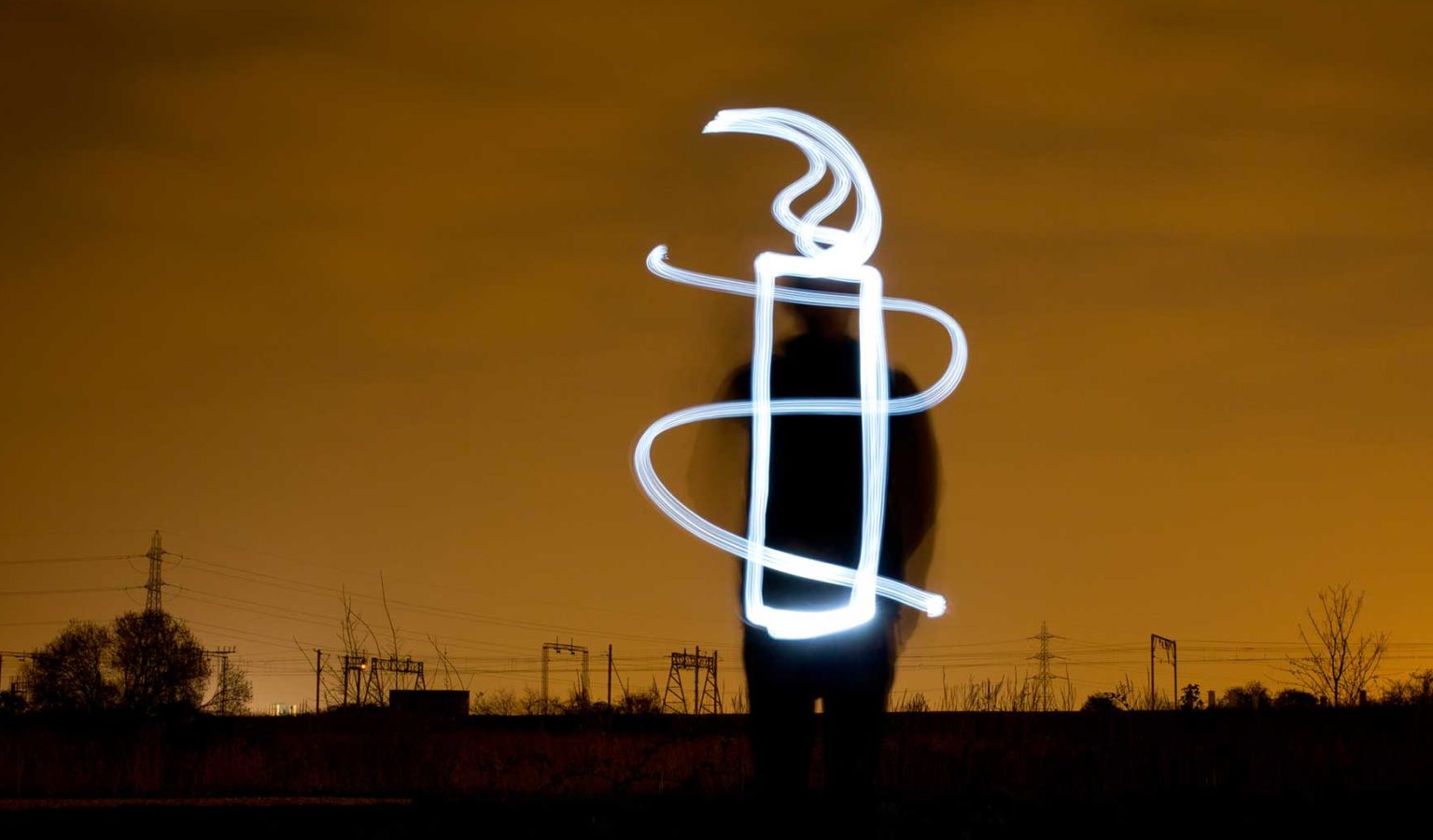The Sri Lankan authorities must take decisive action to stop torture and other ill-treatment, investigate complaints, and hold perpetrators accountable, Amnesty International said following the publication of the concluding observations by the UN Committee against Torture on Sri Lanka.
“If the Sri Lankan authorities are serious about breaking with the harrowing legacy of the country’s decades-long conflict, it must end impunity for torture and other acts of ill-treatment,” said Champa Patel, Amnesty International’s South Asia Director.
“If the Sri Lankan authorities are serious about breaking with the harrowing legacy of the country’s decades-long conflict, it must end impunity for torture and other acts of ill-treatment.”
Champa Patel, Amnesty International’s South Asia Director.
“Sri Lanka has taken important and positive steps. However, we also share the UN Committee against Torture’s alarm over Sri Lanka’s failure to prevent these crimes by the security forces and their concern that torture and other ill-treatment continue to take place. Impunity persists for perpetrators, as well as for those who have committed enforced disappearances, and deaths in custody and the use of coerced confessions continue to be reported.”
Lingering shadow of the conflict
In its assessment of Sri Lanka’s record on torture and other ill-treatment, the UN Committee against Torture said that the 26-year-long internal armed conflict continues to cast a long shadow over the country.
Despite promises, the authorities have failed to investigate serious human rights violations committed during the armed conflict.
Violations, however, were not limited to the legacy of the past. The Committee expressed concerns – shared by Amnesty International – that torture by police remains “a common practice,” with the absence of crucial safeguards in detention facilitating such abuse.
Amnesty International joins the UN Committee against Torture in calling on the Sri Lankan authorities to identify and prosecute perpetrators of unlawful killings, including of five Tamil students on Trincomalee beach and of 17 aid workers in the town of Muttur in 2006. We support the call of the Committee for Sri Lankan authorities to protect the family of disappeared political cartoonist Prageeth Eknaligoda from harassment or reprisal as they seek truth and justice.
“The Sri Lankan government has previously made a commitment to address the widespread human rights violations that occurred during Sri Lanka’s armed conflict and in its immediate aftermath. But it has yet to lend those words substance by establishing the promised institutions, such as a judicial mechanism with a Special Counsel, a commission for truth, justice, reconciliation and non-Recurrence, and an office for reparations,” said Champa Patel.
Important but limited progress
Amnesty International is encouraged by some of the important steps Sri Lanka has taken, including the introduction of legislative and other measures designed to prevent torture and other ill-treatment. However, these efforts have yet to be implemented effectively, leaving impunity for perpetrators in place.
The Sri Lankan authorities have also failed to act on previous observations made by the Committee against Torture. Safeguards are yet to be introduced to prevent torture and other ill-treatment by the security forces, and despite prohibitions in Sri Lanka’s Evidence Ordinance, courts continue to admit “confessions” obtained through torture and other ill-treatment into evidence.
The Committee expressed alarm that an official with previous command responsibility over a notorious site of torture and other ill-treatment was part of a delegation to meet with UN officials in Geneva.
“The Sri Lankan authorities need to match their words with actions.”
Champa Patel.
“The Sri Lankan authorities need to match their words with actions. The Committee against Torture has made a series of recommendations that should be acted on immediately. Safeguards should be put in place. Security forces have to know that torture and other ill-treatment will not be tolerated and that any survivors must obtain redress,” said Champa Patel.
Further recommendations
Amnesty International is also calling on the Sri Lankan authorities to take the following steps recommended by the Committee to prevent torture and other ill-treatment:
- End reprisals against victims and witnesses of these crimes
- Repeal the draconian Prevention of Terrorism Act and abolish the regime of administrative detention including in the form of “rehabilitation”
- Ensure that all detainees are either promptly charged with recognizable offences and remanded by a court, , or else released
- Ensure that the Protection Division provided for by the Assistance to and Protection of Victims of Crimes and Witnesses Act is an autonomous entity, independent of the police command structure
- Ensure that the Office of Missing Persons is given enhanced capacity, including forensic expertise, to allow it to carry out effective investigations
- Guarantee detainees prompt and unrestricted access to a lawyer from the time of arrest, including during interrogation
- Ratify the Optional Protocol to the UN Convention against Torture (OPCAT), with a view to providing international oversight of places of detention as well as establishing an independent mechanism (National Preventive Mechanism) to monitor all places of detention
- Guarantee victims of torture and other ill-treatment effective reparations, including restitution, compensation, satisfaction and guarantees of non-repetition.


